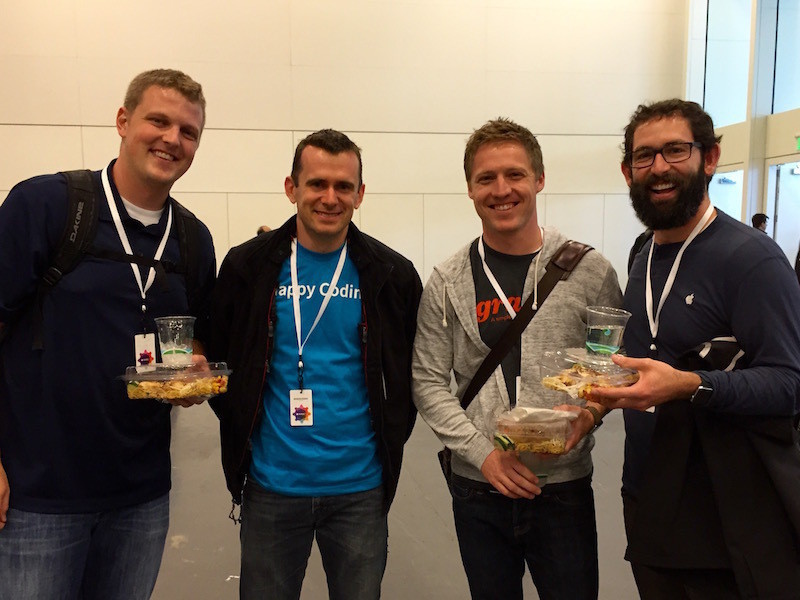Giving myself permission to get a few nice things has resulted in a desire to clean house and be more minimalistic. Also, spending time researching Patagonia products had a surprisingly uplifting effect on me.
I have always loved small things. And things that collapse. And things that fold in on themselves. And expensive things. It can be a problem at times.
My expensive tastes combined with my OCD have posed challenges for me. When I get into my mind that I want to own something, it becomes a compulsion that can only be satisfied by purchasing the item. Making use of the item is often not required—I just have to own it. Before the iPad came out, I owned a number of digital clipboards that became abandoned in the closet, sometimes directly after being purchased.
I have always felt guilty for this part of my personality. Growing up, my favorite toys were Playmobil, which were pretty expensive for a city parks & rec soccer referee. My paychecks were often viewed in terms of how many sets of Playmo they represented. I felt like I lacked skill and ability to manage money well. And since I spent most of my adolescence looking toward and planning for becoming a father, my inability to control spending impulses was a deep point of shame.
As I have gotten older, I have curbed some of my need to buy new things. It’s not completely gone, but it has become less of a problem. Part of that is because many of the things that I really want are cost-prohibitive to buy on impulse. Another part is that I simply already own most of what I want.
In one of my recent sessions, my therapist told me that at any given time in life, I will have to choose between spending money, health, and time. Prudence is usually required to make wise allocations of relatively equal capacities of those resources. However, there are times in life when we have “excess capacity” in one of those areas. Typically that occurs when there is a serious deficit in one or two of the others. Right now, due to my health being abysmally low, I definitely have more money than health. So I’ve given myself permission to buy some things that I want.
My shopping spree began when I read Ultralight by Leo Babauta a couple weeks ago. I announced to my wife, “Good news! I’m going to be a minimalist. I just need to spend $1000 or so and then I’m ready to get started!” When I told my therapist I wanted to become a minimalist, she replied, “That’s nice. Not now. Your brain is not healthy enough to make those kinds of decisions yet.” She told me that I probably was making a bargain with myself in order to have permission to buy things that I wanted, and I should just buy the things without any strings attached.
So I did.
Over the past couple days, I went to two R.E.I. stores and two Patagonia outlets. I bought a Micro Puff Hoody, some Nine Trails shirts, a Capilene Daily shirt, a swimsuit, a hip pack, and a couple pairs of socks. I also went to a local sporting goods store and bought a pair of prAna Brion pants, and some smashable but versatile Sanuk Pick Pocket shoes. An unexpected bonus was that nearly everything was on sale for the end of the season. However, to be completely honest, I would have bought nearly all of those things at full price anyway.
Before I go any further, I have to pause and acknowledge how blessed and privileged I am. When I think about how few people in the world could decide on a whim to spend a few hundred dollars and essentially replace their entire wardrobe, I am humbled. I feel keenly the sense of responsibility that comes with that privilege. Frankly, my OCD uses that to beat me over the head and tell me how horrible I am for doing something like this. But I know that’s a lie. This is not something that I should do every weekend. But. It. Is. OK. I am not a terrible person for buying a few things that I want and that I know I will use.
I found that as I spent time in these stores, I had a subtle shift in values. It felt so good to say that I don’t need a bag while checking out. I realized that I would throw the bag away, so it was better to just not get one. It felt even better to get a smile and encouraging nod from the salesperson who appreciated the small gesture. The more I read about each item from Patagonia, and all of the care that went into designing, sourcing, and creating it, the more I wanted to make sure that I was doing good with more of my choices. I love reading about the Fair Trade program:
We pay a premium for every Patagonia item that carries the Fair Trade Certified™ label. That extra money goes directly to the workers at the factory, and they decide how to spend it.
As I left the Patagonia outlet in Salt Lake City yesterday, I realized it was time for lunch, and looked around for a local restaurant, and found Twin Suns Cafe right across the street. I had a great meal there in a fun atmosphere. My favorite part was the message on their menu:
Welcome to Twin Suns, we are thrilled that you have joined us for a wonderful meal. It is our mission to serve people a good wholesome meal at a fair price for the quality we serve.
It is our goal to create a place where anybody can come in for nourishment in a casual atmosphere. Hopefully you share our love for food, fantasy, and have a fabulous moment while you join us here.
It was fascinating to me to discover the impact that this shopping trip had on me. I wanted to own fewer, higher-quality items. I was excited to pack my backpack for my upcoming trip with my brother. I wanted to do more and have less. I wanted to be better.
I don’t expect this kind of effect every time I buy things for myself. But I’m certainly glad it came this time.
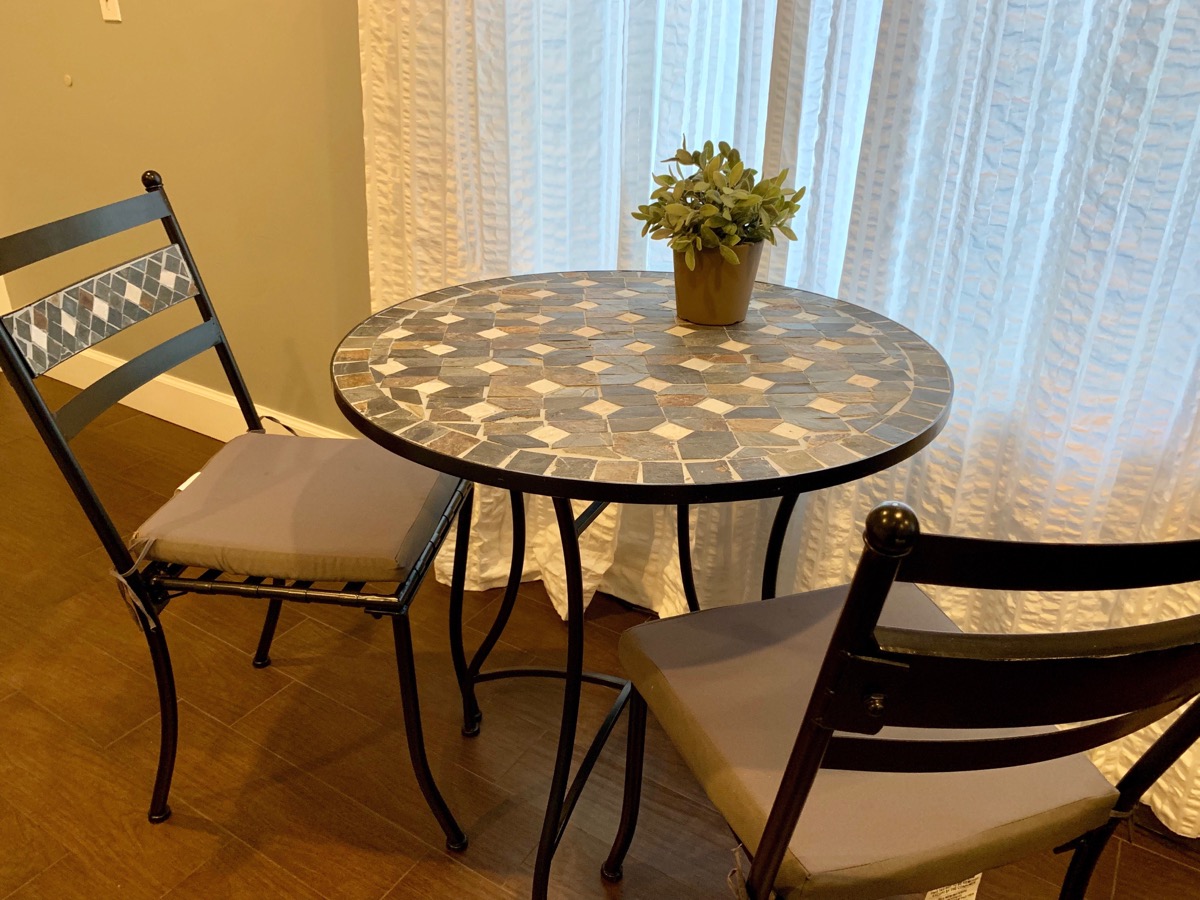 *Round stone mosaic table*
*Round stone mosaic table*
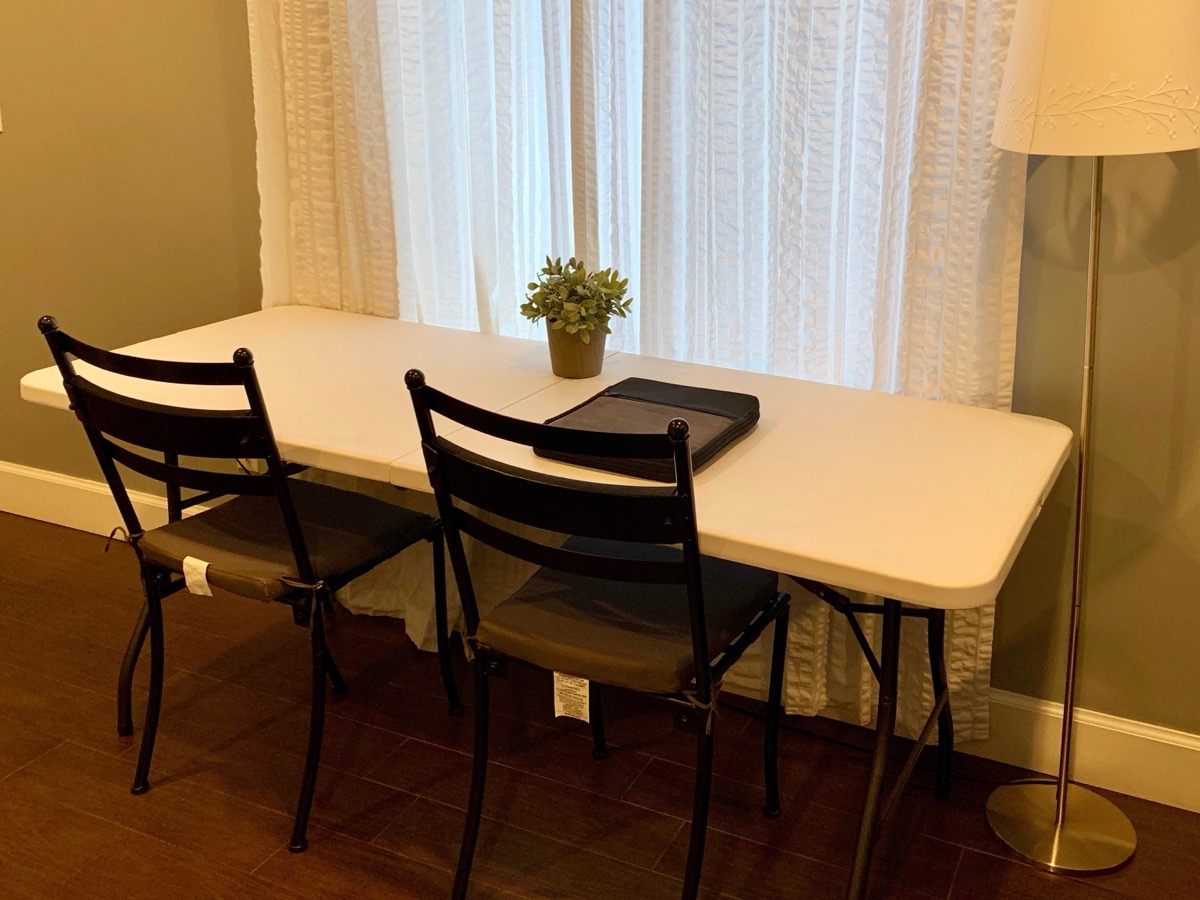 *Long plastic table*
*Long plastic table*
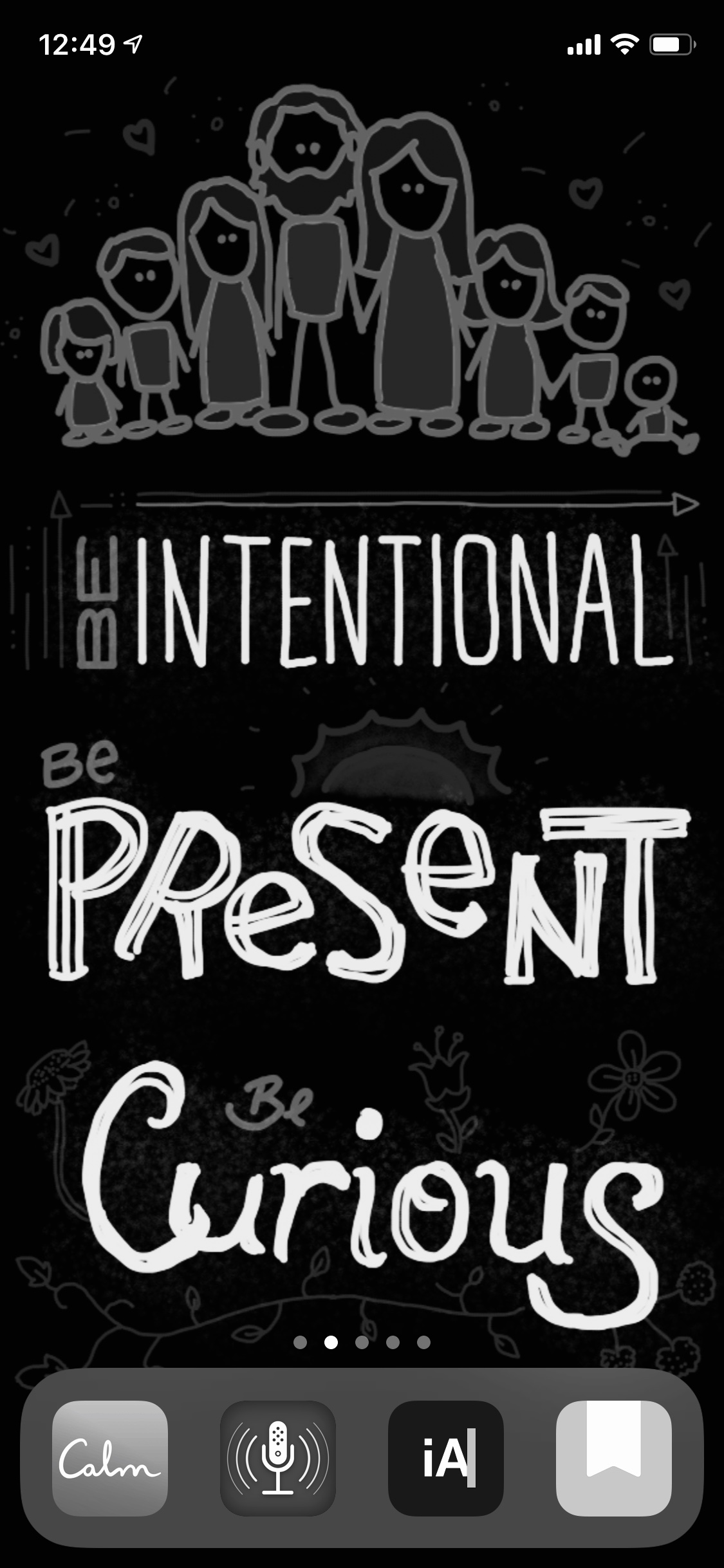 *Calm, Ferrite, iA Writer, Day One*
*Calm, Ferrite, iA Writer, Day One*
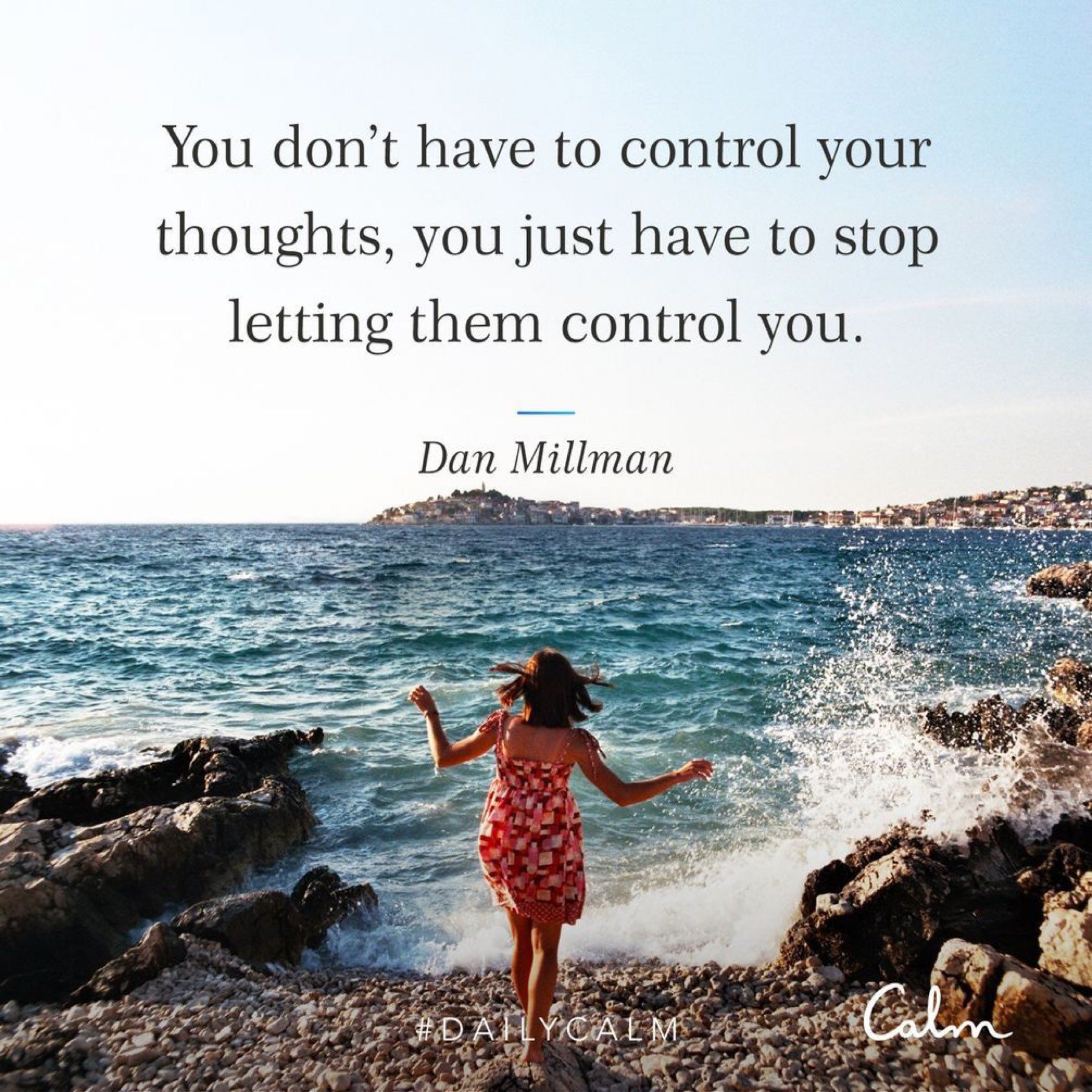
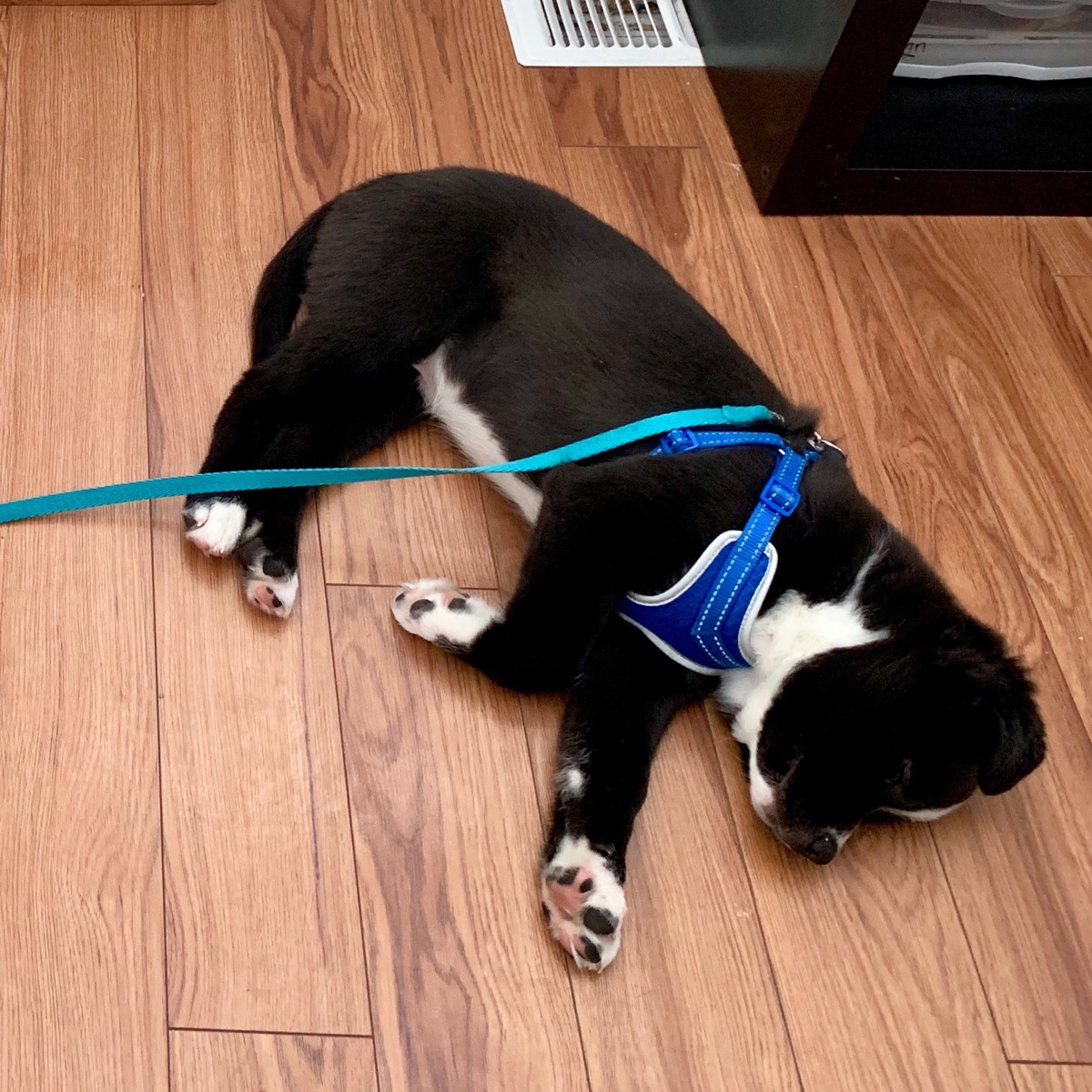
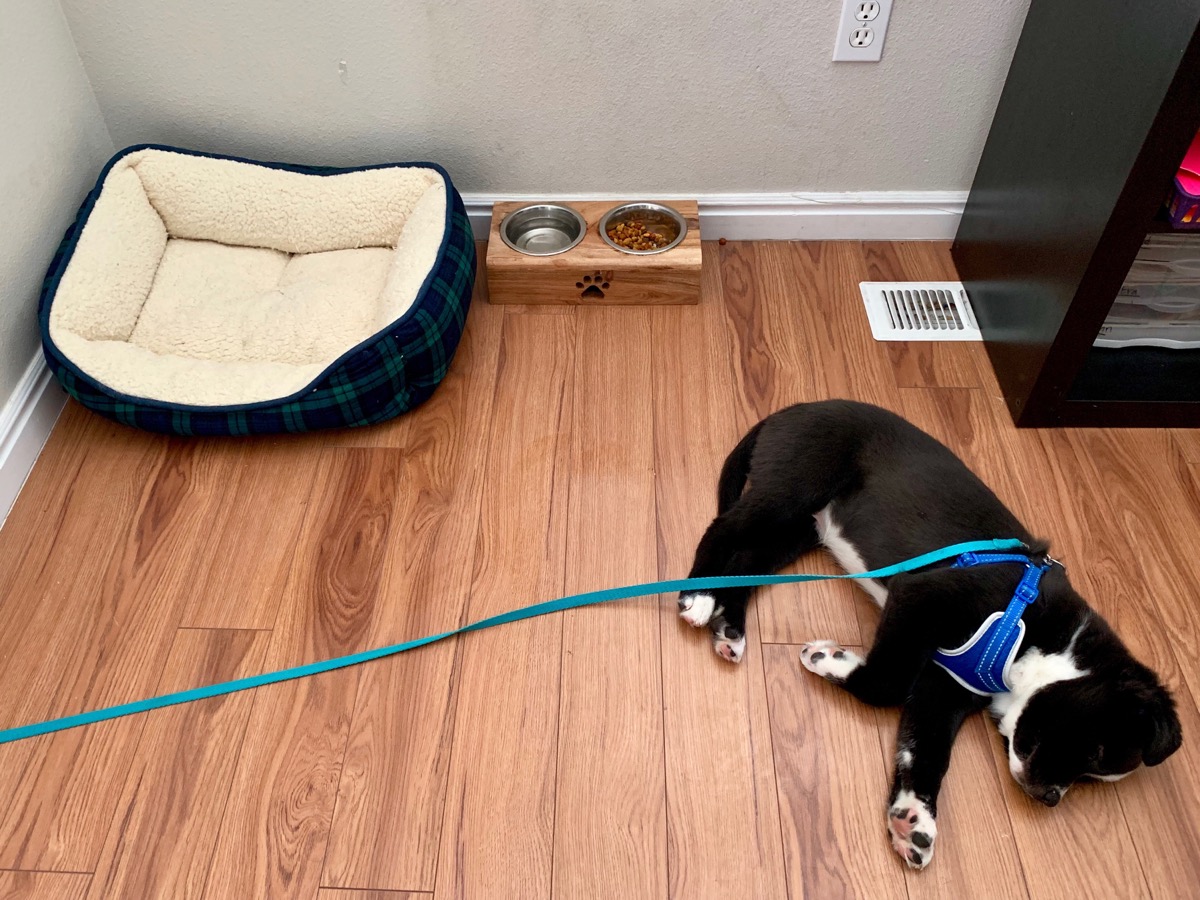


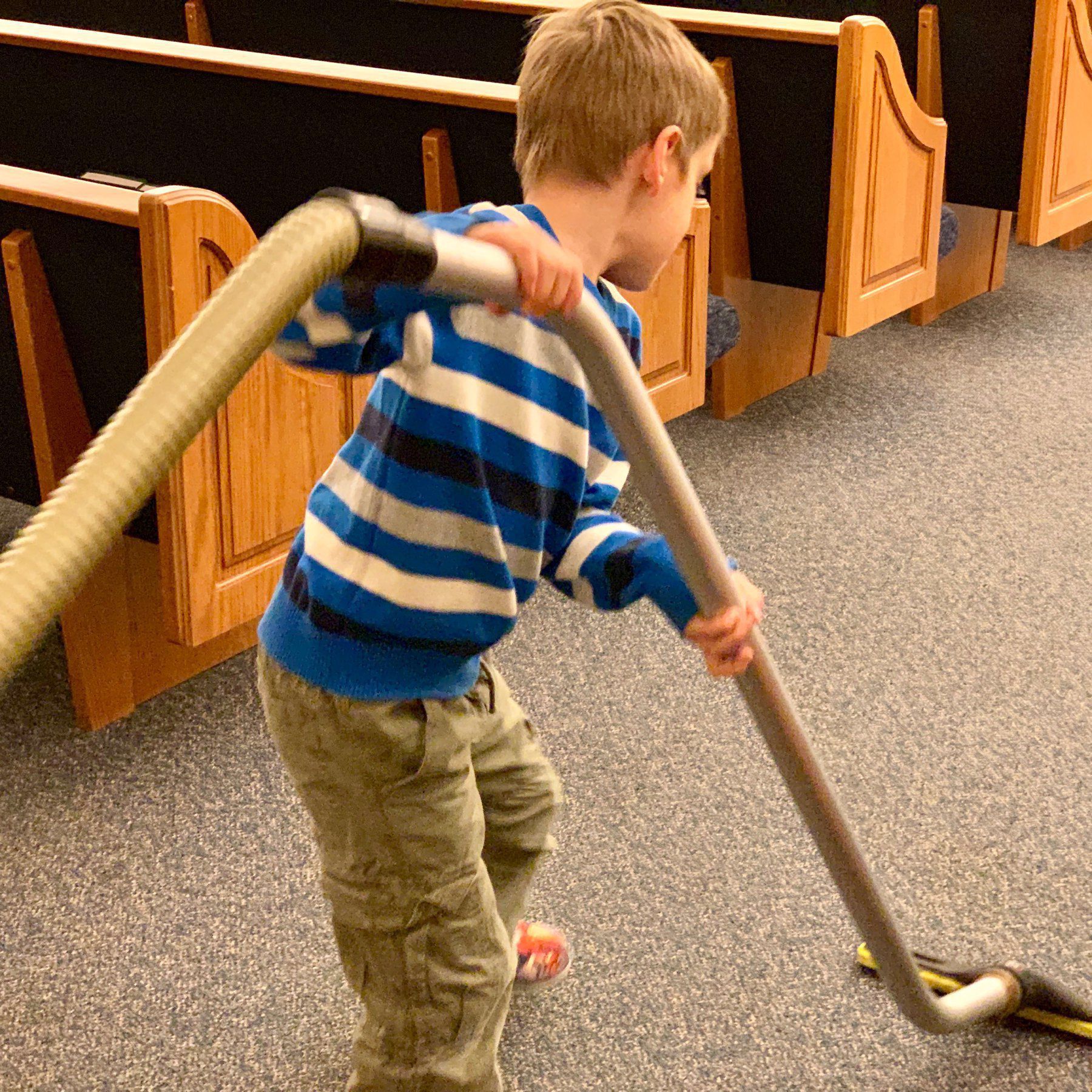 *A six-year-old husband-in-training*
*A six-year-old husband-in-training*
